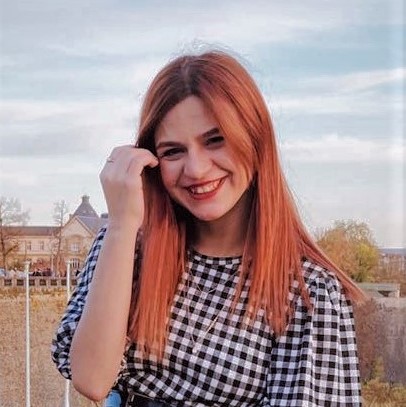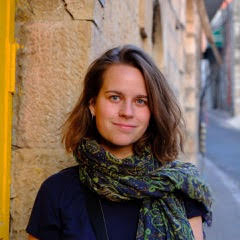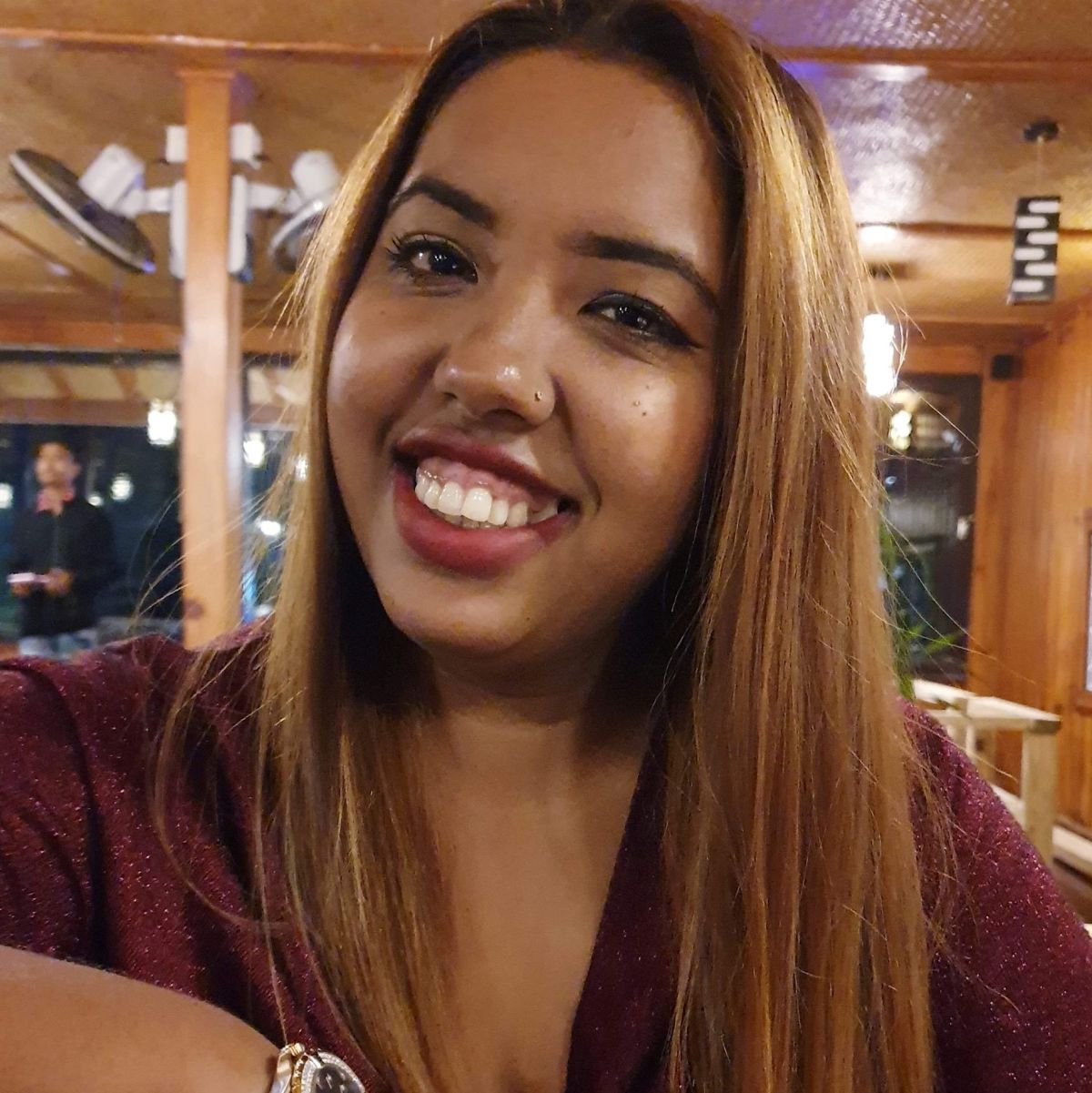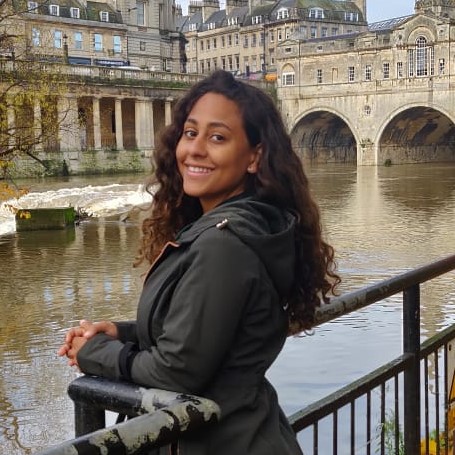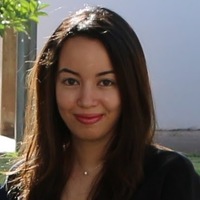The moment a girl becomes a woman: a story of psychological abuse - Part 2
I want to advise people to start speaking up. The day I realized I was ready to talk was the day in which this little girl finally felt like a woman.
Greece, Southern Europe
Story by Maria Sotiropoulou. Edited by Melaina Dyck
Published on April 9, 2021.
Reading time: 5 minutes
This story is also available in 


“She would do anything to get a job,” they said.
“She earned everything with her body,” they whispered.
That is how the vicious cycle of marginalization began. My co-workers and university classmates turned against me, and they started to spread rumors and offensive stories that would have made a better screenplay than a cheap ’90s soap opera. At first, the situation was so ridiculous, so exaggerated and dramatic that I thought I must be imagining things. As it turned out, I wasn't.
Rumors spread of an alleged relationship I had with a member of the academic staff and about conversations that never existed, in which I was supposed to have said that “I would do anything to get a job.” There was constant devaluation of what I am capable of academically and professionally and comments about how I “earned everything with my body.” Then, there were rumors about how I disparaged other women, commenting on the way they dressed and behaved and made sexist remarks about others.
“How fake can this woman be who keeps talking on social media about feminism, but then makes such sexist comments about women?” someone said. Those were the words I heard which hurt me most of all.
Constant verbal harassment, pressure, bullying, huge workloads and assignment of tasks for which I was not yet competent, late-night phone calls, and intense criticism for "mistakes" I supposedly made, all by the same person, my “mentor.” They made comments on how I had to "watch what I upload on my personal social media" and "look more serious” to “how I will not be able to do anything in my life if I do not consult a psychologist and overcome my insecurities" and how "I will reach 30 years old and earn my bread with my body." What shocked me was that these rumors were conveyed as if I had told them to someone. These sick comments were made as if I was the one who confided them.
However, because I wanted to avoid adverse reactions and more rumors, I felt that I had little choice, but to hold on and be patient for just a few more months until I could leave the toxic situation in the university organization at a suitable moment. Unfortunately, the more I tried to avoid gossip, drama, and rumors, and the more often I had to explain my situation, the more I ended up apologizing for my behavior. In this toxic environment, I started to believe that I was the perpetrator, even though I was the victim. I didn't know until later that this was psychological manipulation known as gaslighting.[1]
Since then, I have moved on with my life and started a master's degree abroad. But despite having graduated and moved away, I realized that I was still hearing every now and then rumors that were spread about me.
With this article, I ask neither atonement nor justice. I want to advise people who experience such behavior to start speaking up, regardless of their gender. When I recounted my experience, I was asked many times why I did not speak up at that time or why I did not leave this toxic situation. But as the Greek saying goes, “From outside the dance circle, one can sing a lot of songs,” or, in English, “Easier said than done.” Even now, as I speak up as a woman, it is no small feat for me. Times change, very slowly, unfortunately, and much more slowly than they should. But every day that passes, such behaviors like harassment and bullying will become less and less tolerable.
Throughout this situation, I felt like a weak little girl who was beaten over and over again. But the day I realized I was ready to talk was the day in which this little girl finally felt like a woman.
Read a version of Maria's story published in Greek.
[1] Gaslighting is psychological manipulation whose goal is to sow doubt within individuals so that they are not sure about their own memory, perception, and logic. Using constant denial, deception, contradictions, and falsehoods, the abuser tries to destabilize the victim and discredit his/her beliefs.
How does this story make you feel?
Follow-up
Do you have any questions after reading this story? Do you want to follow-up on what you've just read? Get in touch with our team to learn more! Send an email to [email protected].
Talk about this Story
Please enable cookies to view the comments powered by Disqus.
Subscribe to our Monthly Newsletter
Stay up to date with new stories on Correspondents of the World by subscribing to our monthly newsletter:
Tags
Topic: Gender
> Denmark
Applying the Lessons I Learnt in Anthropology to my Art
A story by Julie Celina Linnebjerg
4 min
I want to apply the lessons I learned in anthropology to my art, and give more attention to the underrepresented and marginalised. Read more...
> Netherlands
When your Body and Beliefs are at Odds: the Religious Taboo of Menstruation
A story by Shakila Dhauntal
4 min
I know that talking about these traditions is hard. Yet, discriminatory practices will continue unless they are addressed. Read more...
> Nepal
Gender-Based Untouchability
A story by Pabita Timilshina
4 min
If I had one wish, it would be for girls to be free, free to choose what they want to become, not to be dominated by men. Women to have their own voice without being ashamed of what society might think. Our place is not just in the kitchen or to have babies, we have our own lives. I wished for everyone to have the same rights. Read more...
Explore other Topics
Get involved
At Correspondents of the World, we want to contribute to a better understanding of one another in a world that seems to get smaller by the day - but somehow neglects to bring people closer together as well. We think that one of the most frequent reasons for misunderstanding and unnecessarily heated debates is that we don't really understand how each of us is affected differently by global issues.
Our aim is to change that with every personal story we share.
Community Worldwide
Correspondents of the World is not just this website, but also a great community of people from all over the world. While face-to-face meetings are difficult at the moment, our Facebook Community Group is THE place to be to meet other people invested in Correspondents of the World. We are currently running a series of online-tea talks to get to know each other better.











